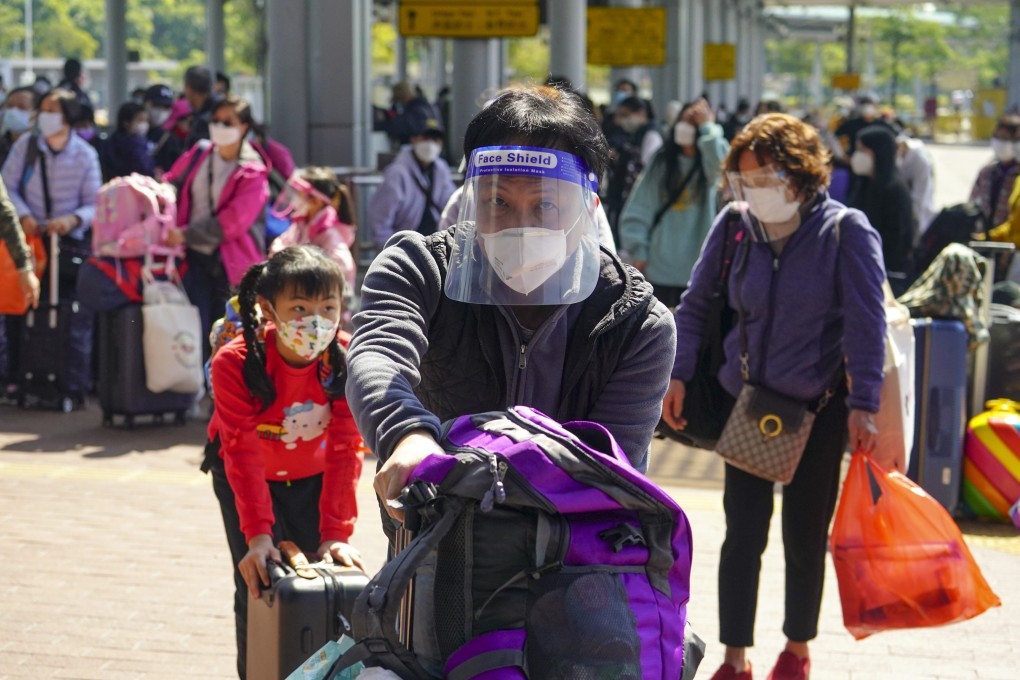Advertisement
Opinion | Hong Kong’s Covid-19 strategy must look beyond the focus on quarantine-free mainland travel
- As an almost singular objective for our government, travel to the mainland has proven a dangerous distraction from important priorities such as getting the elderly vaccinated
- Moreover, Hong Kong’s value to the country rests on its international gateway role for capital, goods and people, which also requires open borders with the wider world
Reading Time:3 minutes
Why you can trust SCMP
18

The pandemic has not been kind to politicians. Countless numbers around the world have been unmasked by the crisis, their failings in leadership and crisis management on stark display. Political leaders have frequently demonstrated an inability to plan for even the most expected scenarios, and have often muddled science, common sense and politics with deadly results.
Our leaders in Hong Kong have been no exception. The brutal fifth wave casts a harsh light on past decisions.
The best leaders have shown flexibility, adjusting their approaches as circumstances have changed. Their societies are largely now landing on their feet.
Advertisement
Hong Kong still has a long way to go. At the Post’s Redefining Hong Kong seminar on March 16, Financial Secretary Paul Chan Mo-po implied that our priorities have not really changed. Particularly disappointing was his reinforcement of the government’s long-held, and as yet wholly unsuccessful objective, of opening the border for quarantine-free travel with the mainland.
That this objective continues to figure prominently in government thinking does not bode well for Hong Kong’s timely emergence from the pandemic.
Were this simply one of a set of objectives leading to restoring normality and prosperity to Hong Kong, there would be little harm done. As an almost singular objective for our government, however, it has proven a dangerous distraction from important priorities.
Advertisement
Select Voice
Choose your listening speed
Get through articles 2x faster
1.25x
250 WPM
Slow
Average
Fast
1.25x

